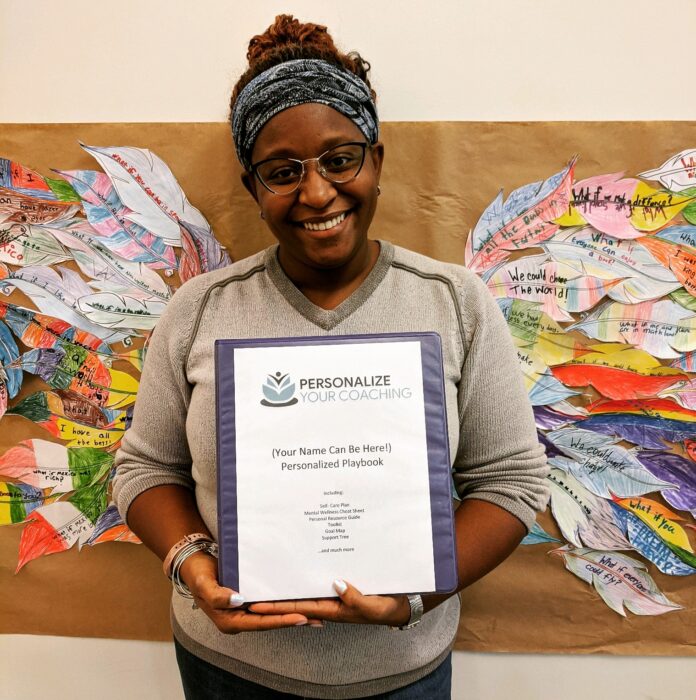( ENSPIRE Community Spotlight ) Social Worker Paula McMillan Perez Teaches Others in Her Community How To Thrive
ENSPIRE Contributor: Akeena Hall
The pandemic has exacerbated the already present racism and white supremacy in the social welfare system as communities of color have been disproportionally affected by COVID-19. This pandemic has negatively affected many people’s mental health. Pandemic-related consequences such as shifting to remote learning, income loss, and many more may contribute to poor mental health. Because of these consequences, the effect on mental health is especially concerning for high-risk groups such as communities of color, essential workers, low-income families, children, and people already suffering from mental illness. Although it has been challenging, people are helping their communities get through these tough times and one of them is Paula McMillian-Perez.
As a licensed social worker and relationship coach, Paula started Personalize Your Coaching LLC to address the need for accessible social services for people of color, women, and children. She provides several services including one-on-one coaching or therapy, courses, group coaching, workshop facilitation, and development to help individuals and educators in communities of color enhance their confidence and build better relationships so they can move from surviving to thriving.
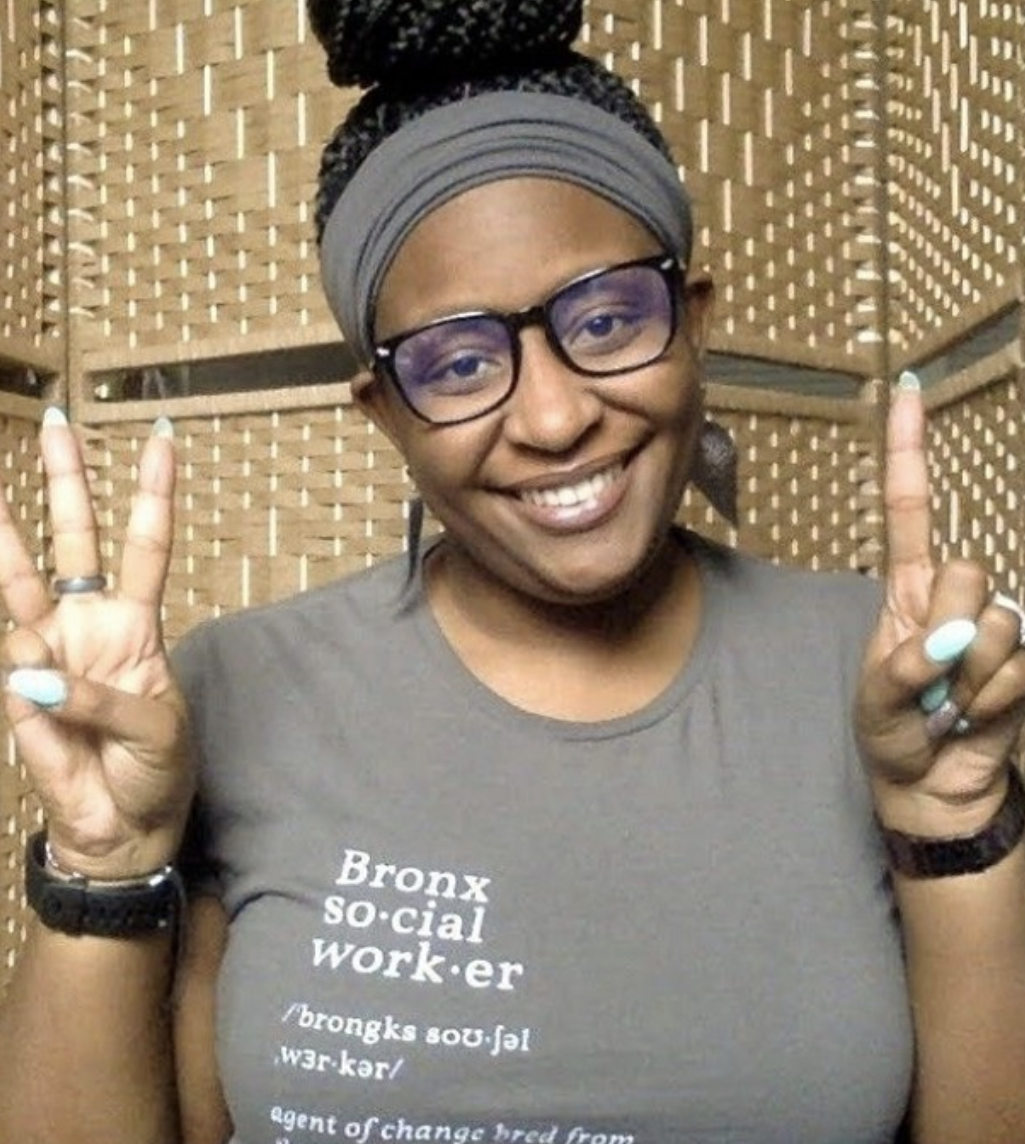
Paula also has a clothing line, Support and Style which she created to support and uplift helping professionals while spreading awareness to minimize the stigma associated with mental health. All the proceeds from the clothing line go toward sliding scale payments for individuals in underserved areas who want therapy or coaching.
What were some challenges you faced when you first started Personalize Your Coaching LLC?
When I started Personalize Your Coaching in July of 2018, the biggest challenge I had to face was imposter syndrome. One of the first things I thought to myself was “Since I have this background in social work, it would make me a good life coach”, however, I knew that I had to know the difference between social work and coaching, so, I took a life coaching certification program. Even after completing the certification program, I doubted myself, thinking “How are people going to think I know what I’m talking about? What is it that I have to offer that’s different from any other coach?” After having this moment of doubt, I reminded myself that I’ve worked with a wide variety of clients — students of all ages, adults, incarcerated individuals, and substance users — and as a result, I have a wealth of experience. I also reminded myself that I’m a proud Bronx resident who loves and is very attentive to my community. So I pushed through the feelings of imposter syndrome because I knew that I had a unique experience in the field and it would benefit my community by providing a space for them that they might not have had access to before.
As a licensed social worker and relationship coach, how have you maintained your mental health through the pandemic?
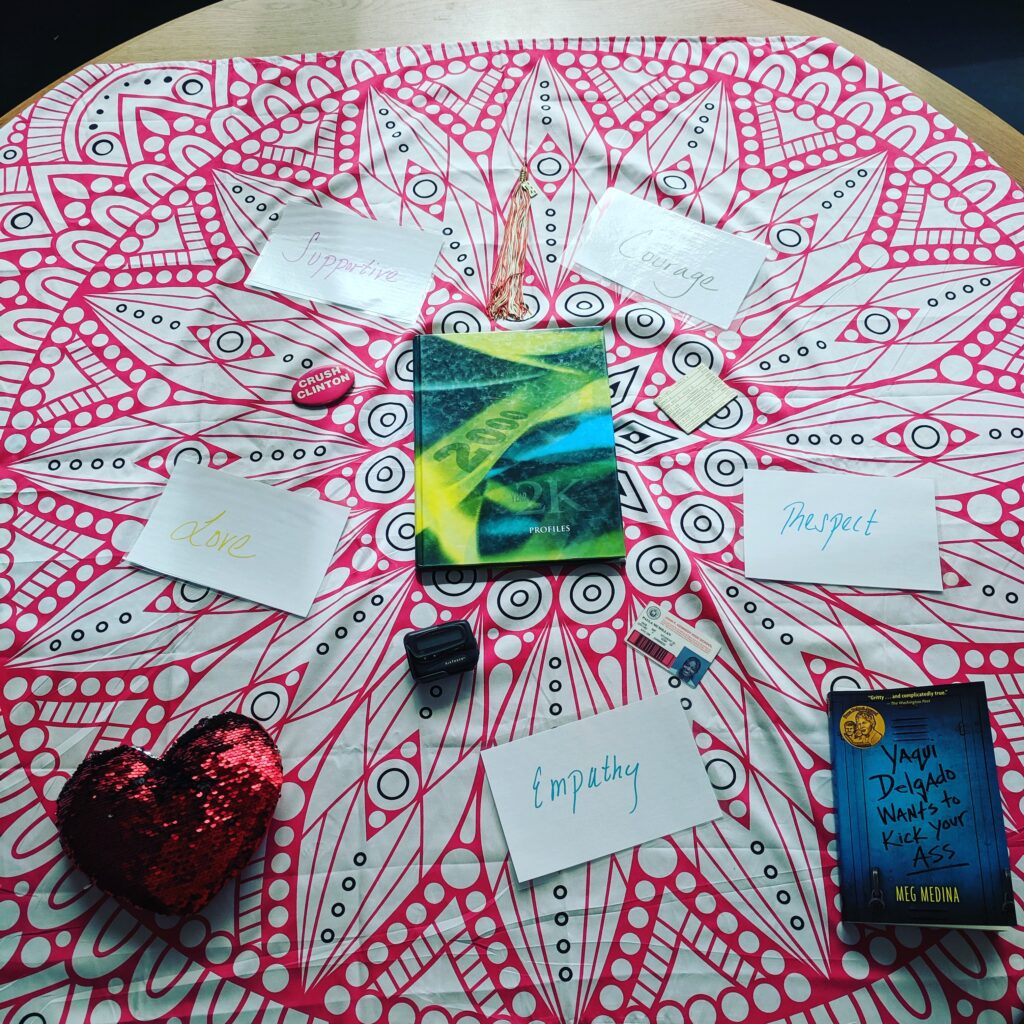
I had to acknowledge that the things I was doing for regular self-care needed to be ramped up a bit, which was challenging because the things I was doing for self-care before the pandemic included going to the gym and seeing friends for dinner. This caused me to think back to my childhood and remember some of the things I did to not only pass the time but things I truly enjoyed. So, I started coloring again and I’m a big fan of Mandala coloring pages, not just because they’re beautiful when they’re done but you have to put some time and effort into them. I also started catching up on those TV shows I swore I was going to watch.
Another thing I did again was journaling, when I was in high school, I always carried my journal with me. Now that I’ve picked up the habit again, I’ve taken I different approach to it. I print out meaningful pictures with my digital printer and write little notes and make collages in my journal. Taking this new approach to journaling has been really therapeutic for me by helping me process the things myself and the clients I work with have gone through as consequences of the pandemic. As a social worker and life coach, it can be challenging sometimes because when you’re helping and supporting clients process certain things and achieve their goals, you’re also left with some of those feelings. Sometimes this work is triggering because it could bring up your own stuff, but other times it could be really joyful as you watch clients grow and persevere. Journaling has created a meaningful place to put all these emotions.
What is the most rewarding aspect of the work you do as a social worker and relationship coach?
The most rewarding aspect of my work is witnessing my clients’ growth and seeing them have their “aha moments”. When the individuals I work with can identify where they came from and how they got there compared to where they are now, it feels super rewarding, especially when they’re able to be verbally self-aware. Hearing my clients overcome things that were a source of fear or apprehension for them makes me truly thankful that I could be a part of their journey. Also, as a person who’s worked in schools for seven years, seeing fabulous students do amazing things such as follow their passion makes me feel really special and had some kind of valuable impact on them. Social work is a service profession, my life and career are of service to others to uplift, empower, advocate, and educate. This allows me to have a legacy that leaves positivity for someone, and that person could pay it forward to the next person or generation.
What are some goals you want to accomplish through Personalize Your Coaching?
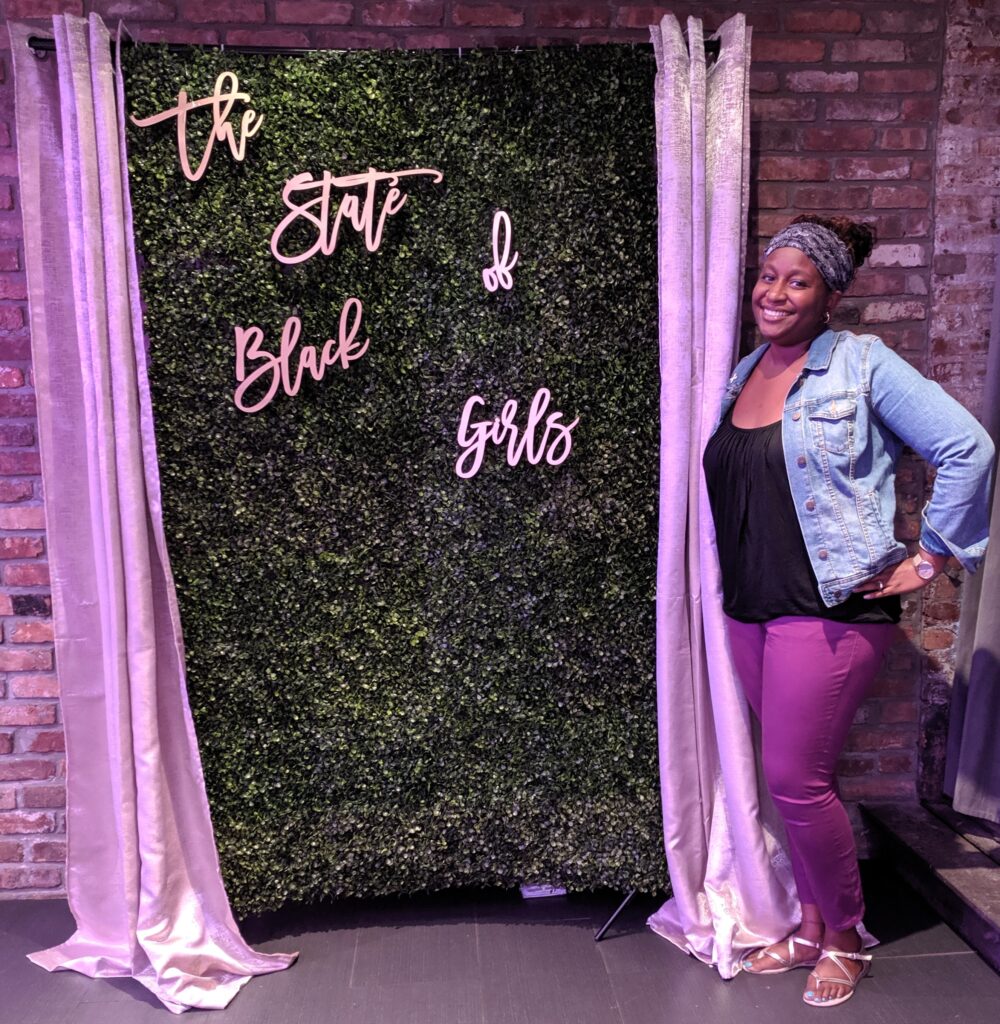
I have a lot of exciting things I’ll be working on this Summer. One of the things I’ll be crafting is a group coaching program geared towards teachers because they’ve been the realest MVPs this school year! The goal of this program is to provide a space for teachers to come together, share experiences, and build and network with each other. During the summer, I will also be featured in a few panels surrounding mental health and youth. I also hope to get selected to present one of my workshops at a conference, I’ve revamped the presentation to emphasize young, black, and brown women in inner cities to draw attention to the fact that we need to do more for our girls! Another exciting thing I’m working on is a book, but that won’t come out in the later future.
What advice would you give to people struggling to maintain their mental health during the pandemic?
Something I’m always telling clients is that self-care doesn’t have to be expensive! Yes, making sure that we’re well kept by doing our hair and nails are forms of self-care, they’re not the only ways. A form of self-care could also be taking a day off, cleaning up your space because you feel you’re more successful when you’re organized. It could also be calling someone you haven’t spoken to in a while, and that person uplifts you because something about their spirit just rejuvenates you. Self-care looks different for different people and being able to accept and identify this fact is really important. I also think that during this pandemic, it’s extremely important to give ourselves grace, people always talking about giving themselves grace but as humans, we don’t really know how to do that so practicing self-care and gratitude and teach us how to do that.
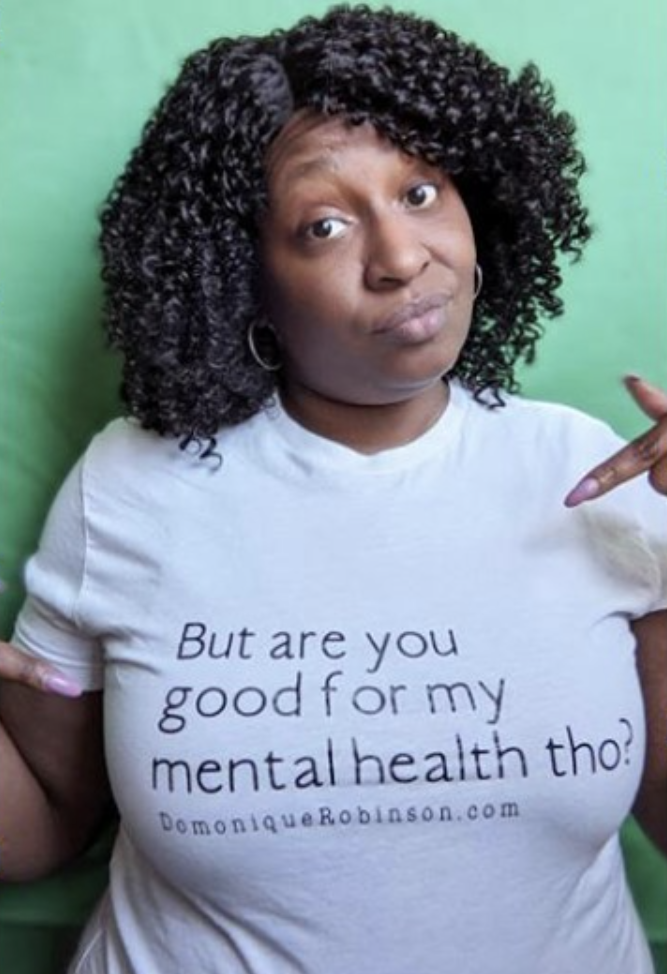
Another big piece of advice I would suggest would be to identify what’s coming up for you. Some of us can do that, we can say things like I’m feeling disconnected from friends and family or I’m feeling as though I don’t have a purpose. It’s great if you can identify it, and if you can’t, consider reaching out to a therapist or coach! Once you identify the issue, reflect on the things that you’ve traditionally done to get yourself back out of those negative feelings or have preserved through those tough times in the past. If those things haven’t helped, revisit your self-care plan and think about if it needs to be changed, even consider whether you need to speak to someone. This pandemic, although it has been very challenging for all of us, has benefited me as a social worker and coach because it has motivated more people to seek out coaching and therapy. One thing that’s beneficial when reaching out for professional support is that you’ll get an objective view from someone who doesn’t know you and can give you feedback to help you explore certain things coming up for you. There’s a lot of stigma around mental health in the black and brown community, and a lot of the work that I’ve been doing is to destigmatize because oftentimes people say they don’t need therapy. Therapy is not a need, therapy is a benefit!
During these tough times, Paula’s work is crucial to ensure the mental well-being of everyone in our communities. To receive help from Paula and learn how to go from surviving to thriving, check out Personalize Your Coaching. Also, support her by purchasing from her clothing line and check out Personalize Your Coaching’s Instagram and Facebook.

